Let me start by putting my GM cards on the table. Although this might come as a surprise, I did not start out with an ideological opposition to Genetically Modified Crops. I have always been open minded about new technologies and I understand the enormous challenge of producing enough food to eat from sustainable production systems.
Source: Sustainable Food Trust, Patrick Holden
So I came to the debate in the early 90s an agnostic. But I concluded after a year of studying the various issues associated with GMOs – including the potential risks to the environment and human health, the impact of an untested technology on agriculture should something go wrong, the inevitable narrowing of the gene pool and increasing corporate control over it, the erosion of consumer choice and finally, the fundamental incompatibility of genetic engineering with the principles and practice of truly sustainable agriculture – that without much longer term research it was unsafe to go ahead with licensing the commercial application of GM crops.
Nearly 20 years later, following the introduction of the first generation of GM crops, engineered for either herbicide tolerance (the Roundup Ready crops) or pest toxicity (Bt corn and cotton) all the evidence in my possession has only served to strengthen my serious concerns. I remain unconvinced of the safety of these crops and am concerned they could pose unforeseen risks to society as a whole.
The recent news that the newly appointed UK Government Chief Scientist, Sir Mark Walport, has added his support to the growing number of politicians, pro-industry scientists and supermarkets who are accepting that GM crops should play a central role in the production of food for British consumers indicates that GMOs are ready to make a steady march into our food chain despite a growing body of research that questions their safety.
I’m not normally a conspiracy theorist – not least because I am mindful that it takes a huge amount of orchestration and cooperation to hoodwink the British public, who are thankfully suspicious of this kind of manoeuvre – but I do think there is some evidence of plotting by corporate multi-nationals in whose interest it is to promote the sale of GM crops. They have managed to persuade governments and the media that it would be backward, even luddite, not to include genetically engineered crops in the so called ‘tool box’ of food production as a means to address the challenges of climate change, resource depletion and food security. A cool look at the evidence, however, suggests otherwise.
Until now the most draconian of the safety tests required by regulatory bodies prior to the approval of pesticides and new crops, has involved a 90 day feeding trial in rats. The rats are given a GM foodstuff and studied for three months to see if any obvious health defects develop. Since the typical life of a rat is two years, this equates to mid-adolescence in the rats and is arguably not long enough to determine longterm health effects, particularly as diet-related health issues in humans tend to develop in later life.
Professor Gilles-Eric Séralini, an expert on GMOs, studied Monsanto’s dossier on the 90-day feeding trials it had undertaken prior to the original licensing of Roundup Ready corn, and noticed certain health irregularities had occurred. These were dismissed by Monsanto as not being biologically significant. But he decided to run a 700-day (lifetime) trial to explore the longer term health outcomes of this GM variety of maize on these rats and also the impact of traces of Roundup in their drinking water.
In September 2012, Prof Séralini announced the findings of his trials research. The research had just been published in a peer reviewed journal and the press briefing was organised by the Sustainable Food Trust.
His study found that rats fed either on Roundup-Ready corn or on drinking water containing low levels of the herbicide developed serious health problems, including liver and kidney disorders in the male rats and a dramatic increase in mammary tumours in the female rats. The Sustainable Food Trust took the decision to organise the London press briefing because we felt the evidence of harmful health outcomes called into question the safety of Roundup Ready corn and also of Roundup itself, the most popular herbicide in the world, widely regarded as safe. The Séralini research, at the very least, justified an immediate replication of the trials and called into question whether the duration of the studies designed to assess the safety of all GM crops was adequate.
Mindful of the need for a comment from an impartial scientist with expertise in this field, SFT invited Prof Mustafa Djamgoz, Chair of the Royal College of Medicine’s Science Council and Professor of Cancer Biology at Imperial College, to comment on the findings at the press conference. He said that despite the fact that this was only one trial, having been ‘eyeballing studies like this for nearly 40 years’ he thought that the sheer scale of the increase in negative health outcomes, both in relation to liver and kidney disorders and the mammary tumours, was so great that it justified an immediate replication of the research.
In the following question and answer session, some of the media representatives raised a series of questions relating to the strain of rat used in the trial, the size of the sample, the absence of a dose related response and the statistical method of data analysis, all of which had been cited by some members of the scientific community who believed that these alleged deficiencies in the way the study had been undertaken called into question the validity of the research.
Prof Djamgoz added that questions like these always accompanied the launch of peer reviewed papers such as this one, but he restated that the scale of the statistical differences between the control rats and the Roundup rats were so great that the research should be taken seriously.
Susan Watts from Newsnight and the BBC’s environment editor David Shukman both interviewed Prof Djamgoz and SFT’s other speaker Dr Michael Antoniou. We left the meeting confidently expecting media coverage of the Séralini research in their news. But there was no TV or radio coverage by the BBC and also nothing in national newspapers, other than the Daily Mail. What went wrong? It seemed utterly extraordinary.
We now know that in the hours and days following the publication of the research, the media was flooded with quotes from pro-GM scientists and institutes engaged in GM research. This strongly suggested there were vested interests involved, though that remains to be proved. The research community in this country is massively influenced by corporate interests, not least the seed and chemical companies who fund many university and institutional research programmes.
Throughout history, orthodoxies both benign and malignant, have been maintained through secrecy and the suppression of knowledge and information, keeping the public in the dark. The right to know is powerful, so it should come as no surprise that its erosion is a key strategy in the entry of GMOs into our food chain. Witness the ongoing fight in the USA to label GM food products – Prop 37 in California, a consumer initiative demanding labelling failed last year and the ‘Monsanto Protection Act’ will no doubt make this a harder battle still.
Thankfully, we do not need full labelling in the UK yet, but we do need a more accurate and unbiased representation of these vitally important issues by the media. I salute the Daily Mail for consistently raising questions about the potential risks associated with GM crops, including the threats to both environmental and human health. They have been notable in their consistent coverage of this absolutely critical issue and hats off to them for doing so. However I consider the depth of silence from the rest of our media to be highly concerning, and if other important parts of our free press continue to allow concerted industry lobbying to stop them covering important issues of this kind in future, then I would consider that to be a highly irresponsible betrayal of their role and responsibility to bring balanced, critical media coverage to the British public.









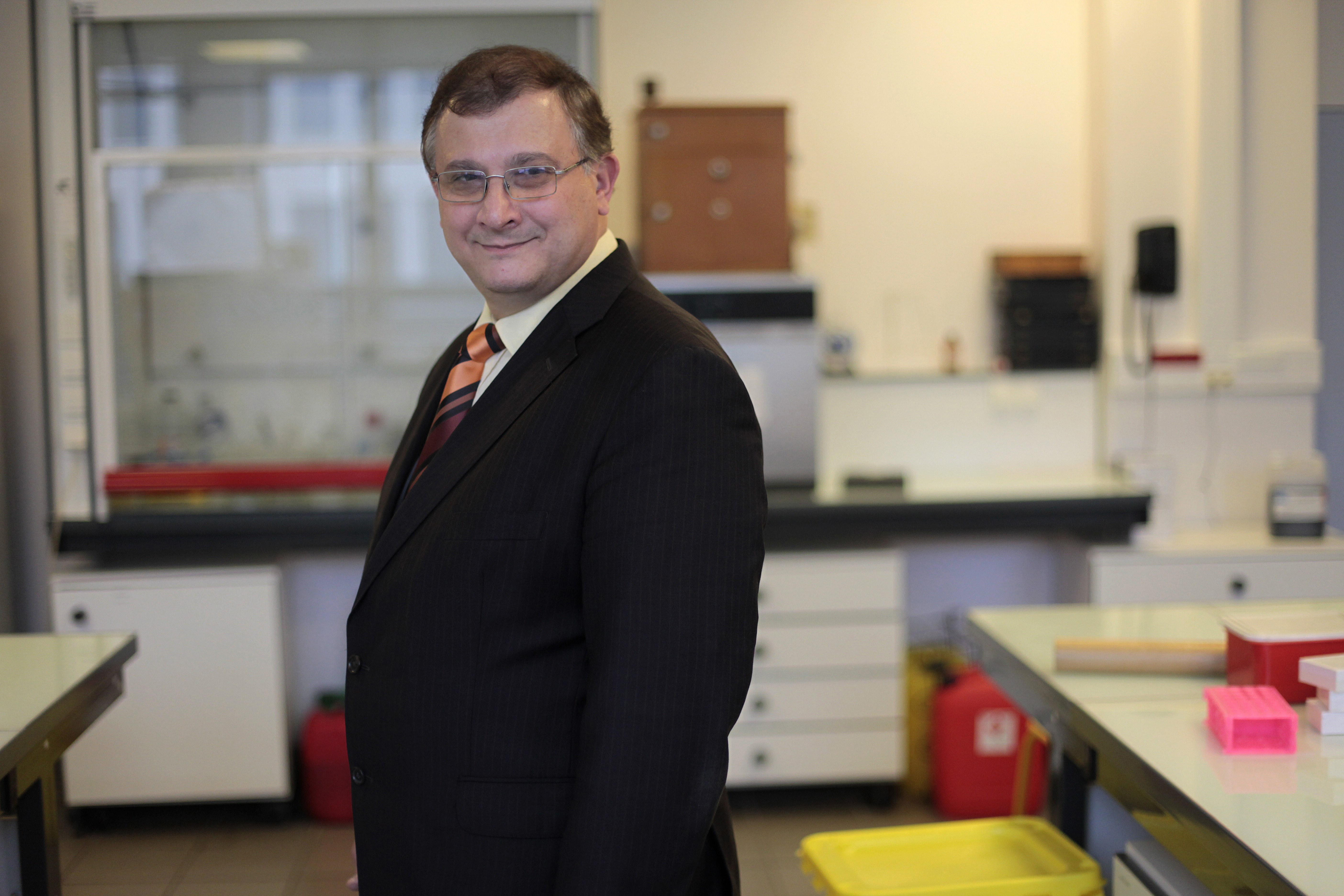
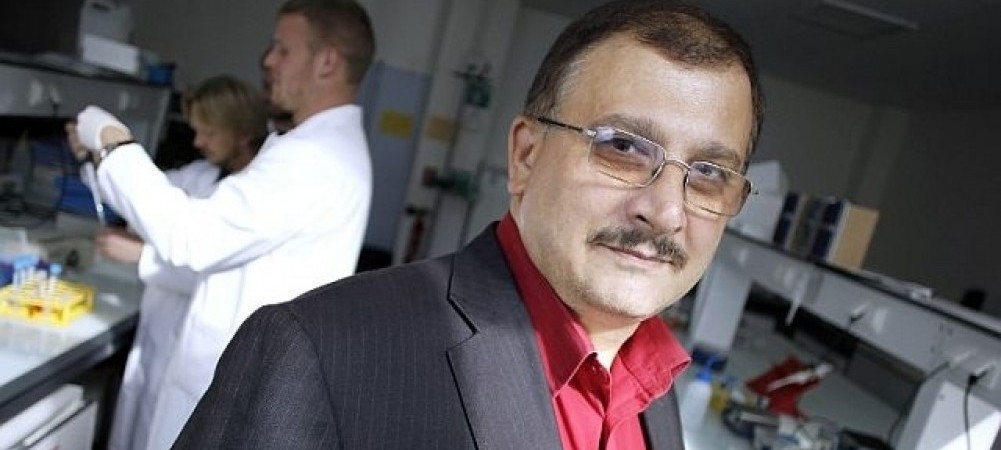


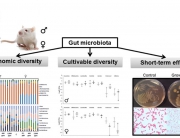

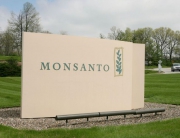




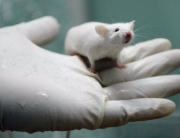




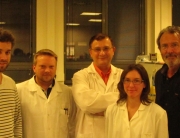


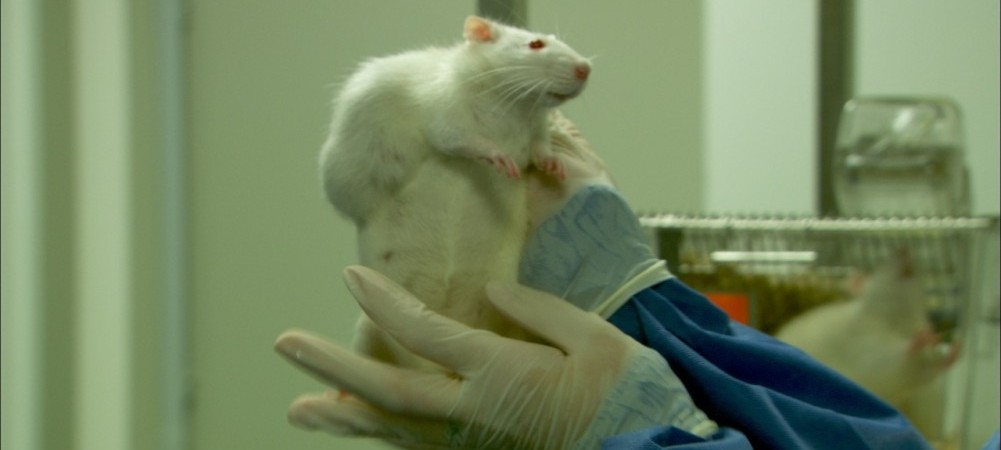

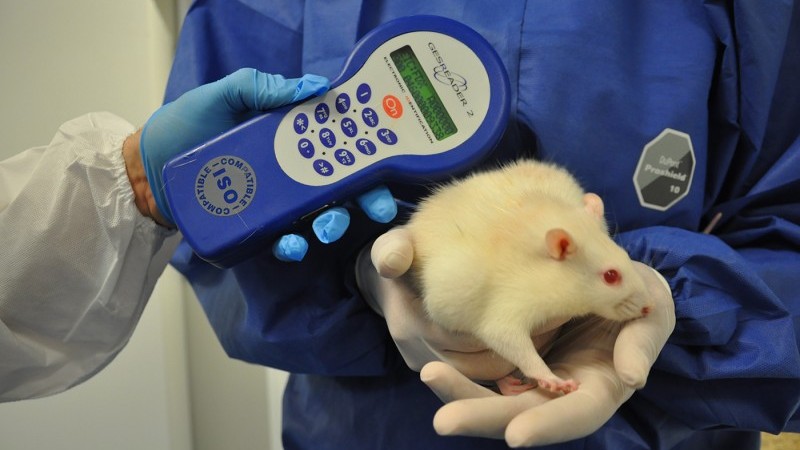

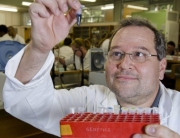


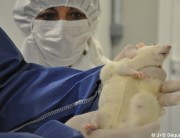






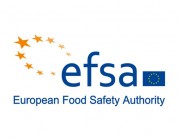

































When the study was originally published I examined both the methodology, data and conclusions and quickly realised that the work had several major flaws which meant that the conclusions simply could not be relied upon. Almost immediately I and several others involved in this field wrote to Dr Hayes (Editor in Chief Journal of Food and Chemical Toxicology) asking him to review the paper and consider retracting the article. We all received replies assuring us that the editorial board was studying our correspondence and we are all now appreciative of the steps that have been taken.
We are NOT by nature ‘pro-GM’ any more than we are ‘pro-gravity’ or ‘anti-round earth’ but we are pro science and in my view and that of the vast majority of plant biologists our view on using GM as a breeding technique represents a better, quicker and more precise method of breeding plants with desirable characteristics that we need if we are to produce crops to help to feed the world.
I am sure that we all hope that Prof Seralini will stop drawing false conclusions and making invalid claims
based on this work. It is the sort of behaviour that gives science a bad name.